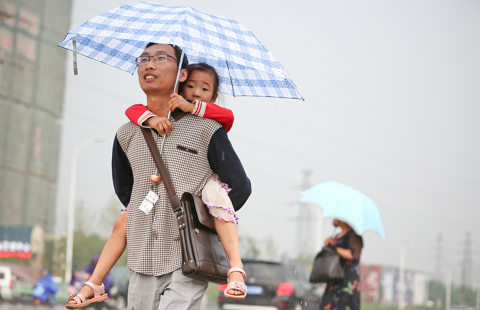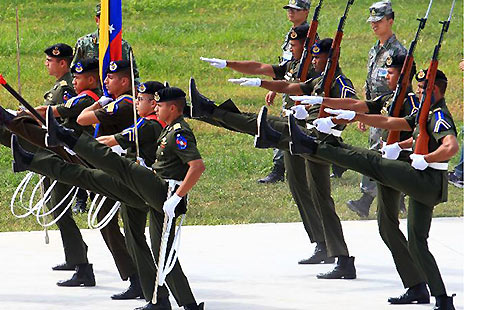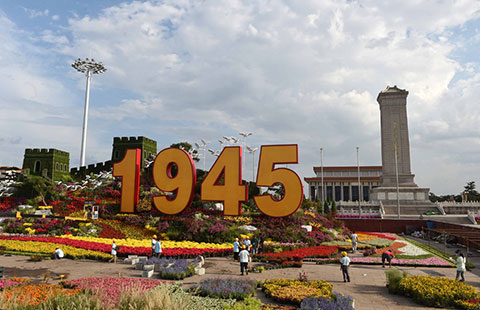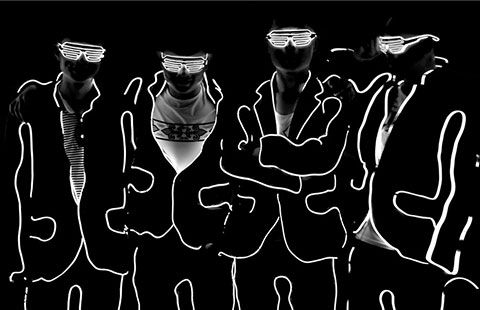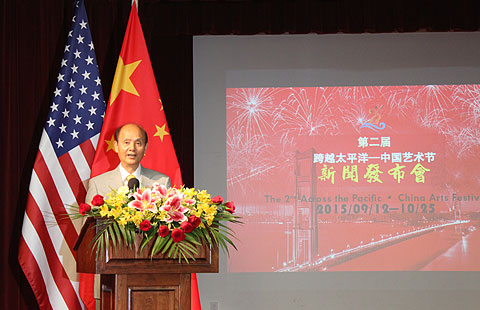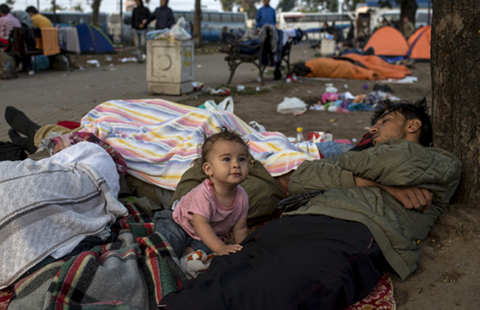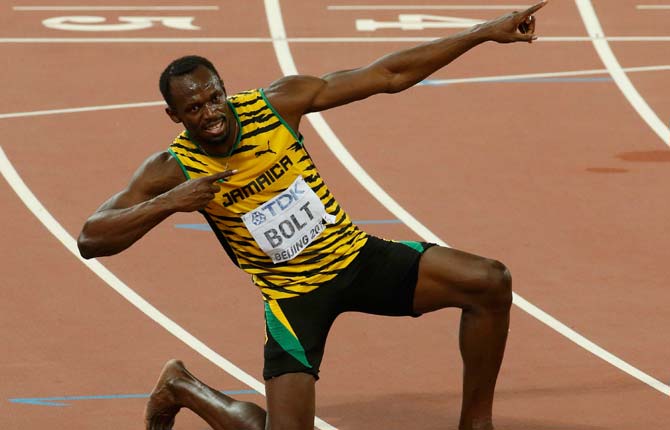

The media center at Rio+20 - United Nations shorthand for the gigantic sustainable-development parley in Brazil's most-famous city - has been packed with hundreds of journalists for two days, yet few seem to pay close attention to the pair of giant screens carrying live remarks from 100-plus world leaders.
Mostly they've been the kind of warmed-over speeches one has heard countless times. On Friday the leaders, many having come from across oceans, are expected to sign a 49-page document powerfully titled "The Future We Want". In fact, the text has been watered down to the point that this global pact falls far short of demanding the kind of action that a planet in crisis urgently needs.
It certainly doesn't represent the kind of future most people want. Heads of state or government, from developed and developing countries alike, aren't willing to commit to major measures required to make development sustainable for the Earth's ever-growing population.
Then again, when negotiators from 190 countries haggle, what do you expect?
That's why UN Secretary-General Ban Ki-moon stated at the beginning of his address: "Let me be frank: Our efforts have not lived up to the measure of the challenge. Nature does not wait. Nature does not negotiate with human beings."
In recent weeks there have been several protests in Rio de Janeiro, some just outside the RioCentro convention site that's hosting the UN conference. As for the media shunning the political speeches, I would interpret that as another form of protest, against the top-down governance framework in our global system. When I spoke on Wednesday to Zhang Jianyu, program manager for the Environmental Defense Fund in China, he made the same argument.
Having come to the conference and its preliminaries every day for a week, I feel Rio+20 isn't about leaders, whose contributions here have mainly been to the traffic on already-congested roads guarded by heavily armed soldiers and police.
The hope, excitement and future are often found in the hundreds of side events hosted by enthusiastic civil-society activists, or among young people from many countries who are deeply concerned about the legacy left by older generations. Many participants at Rio+20 have shared with me the view that the side events - on renewable energy, the green economy or new modes of consumption - are the real highlight of the conference.
During a 10-day module on SD-Learning (SD meaning "sustainable development") that I visited several times, hundreds of students received training and shared lessons that they'll spread when they return home to countries around the world - all messages on living sustainably. In a sense, the classroom tucked deep inside the conference hall was where seeds were sown for spreading another kind of development.
Exchanging experiences, best practices and lessons learned seems far more impressive an achievement of Rio+20 than empty promises made by leaders.
If Rio+20 is to someday be regarded as a watershed event, it won't be because of "The Future We Want" or other official pronouncements. It will be because civil society is building up awareness and strength in a major way. People are getting ready to force their government leaders into action.
Bottom-up governance is getting ready to replace the top-down structure.
The author, based in New York, is deputy editor of China Daily USA.


